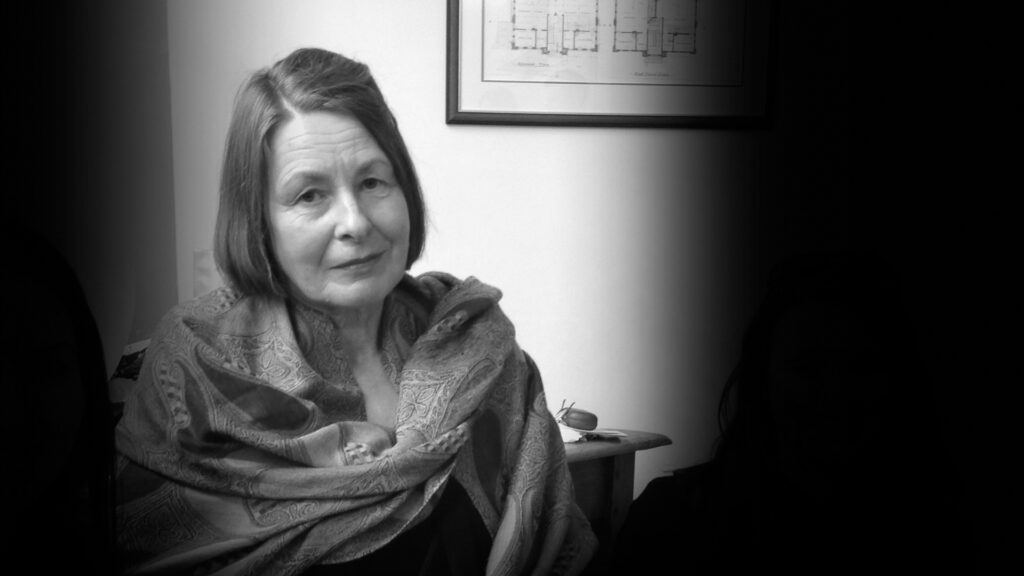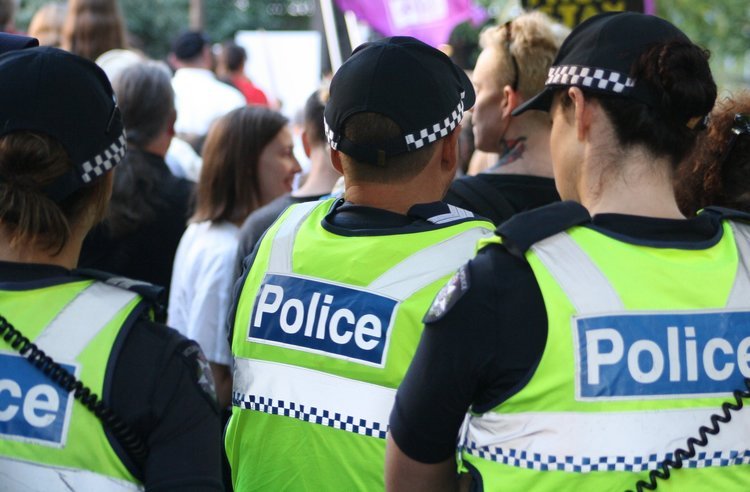Expanded protections for marginalised groups welcomed in Allan Government’s anti-vilification laws
The Human Rights Law Centre welcomes the additional protections for marginalised groups in anti-vilification laws passed today by the Allan Government. These laws expand protections from vilification to include people from LGBTIQA+ and disability communities, and provide communities with important civil law avenues to address vilification.
The Human Rights Law Centre, along with other civil society organisations, raised concerns to the Allan Government about the laws being misused to target political speech and the voices of marginalised and over-policed groups which the laws were designed to protect.
In response, the Allan Government made critical amendments, including ensuring that the context of speech and power imbalances are taken into account by decision-makers, so that the law is not misused and achieves its stated purpose of protecting groups who have historically and systemically been locked out of seeking remedies for racism and hatred.
Sarah Schwartz, Legal Director at the Human Rights Law Centre said:
“Every person should live a life free from violence, discrimination and vilification on the basis of their race, gender, religion, sexual orientation, disability, or ethnicity. This is particularly important for people who experience entrenched racism and disadvantage.
“Victoria’s anti-vilification laws will now provide stronger protections for everyone and signal that the Victorian community stands against all forms of vilification.
“The guardrails that have been put in place against the prosecution of political speech or the targeting of already over-policed communities are an important protection that should prevent police from misusing these laws.”

Legal challenge filed against Tasmanian Parole Board’s decision to gag free speech
The Human Rights Law Centre has filed legal proceedings on behalf of Tasmanian grandmother, Susan Neill-Fraser, to challenge a restrictive parole condition placed on her by the Tasmanian Parole Board seeking to limit her ability to speak to the media.
Read more
University of Melbourne urged to drop repressive anti-protest and surveillance policies
The University of Melbourne is being urged to abandon policy changes that restrict staff and students’ right to protest and permit the widespread surveillance of people using their wifi network.
Read more
Allan Government hands police excessive stop and search powers
People could be stopped and searched at any time and for no reason for up to six months in designated areas of Victoria under expanded police search powers passed by the Allan Government today, says the Human Rights Law Centre.
Read more


